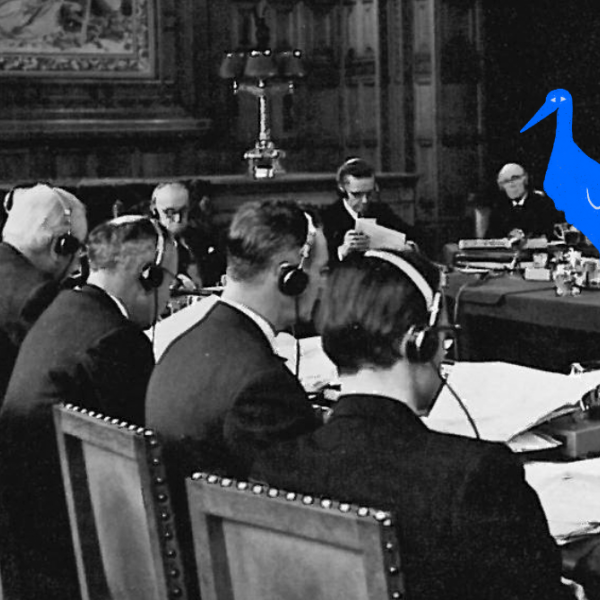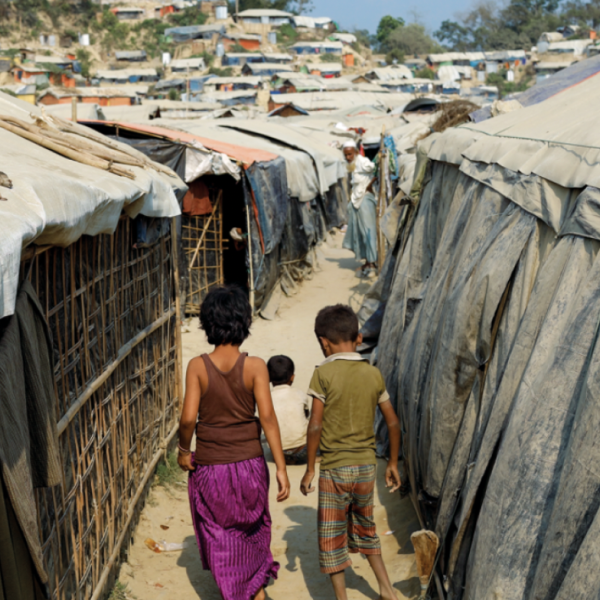International Criminal Court (ICC)
The International Criminal Court (ICC) investigates and, where warranted, tries individuals charged with the gravest crimes of concern to the international community: genocide, war crimes, crimes against humanity and the crime of aggression.
"This cause … is the cause of all humanity"
Former United Nations Secretary-General Kofi Annan
Discover how the ICC participates in a global fight to end impunity, and through international criminal justice, how the Court aims to hold perpetrators accountable for their crimes and to help prevent these crimes from happening again. And yet, the Court cannot reach these goals alone. As a court of last resort, it seeks to complement, not replace, national Courts.
Governed by an international treaty called the Rome Statute, the ICC is the world’s first permanent international criminal court. The Rome Statute was adopted in 1998 and then took effect in 2002, upon ratification by 60 States. In addition to founding the Court and defining the crimes of genocide, war crimes, crimes against humanity, and – as of amendments made in 2010 – the crime of aggression, the Rome Statute also sets new standards for victims' representation in the Courtroom, and ensures fair trials and the rights of the defence. Today, the ICC is supported by over 120 states.
Justice is a key prerequisite for lasting peace. International justice can contribute to long‐term peace, stability and equitable development in post-conflict societies. These elements are foundational for building a future free of violence.
More just world
Quiz Your Knowledge about ICC Processes!
Life after conflict






